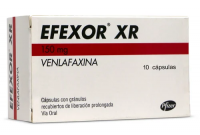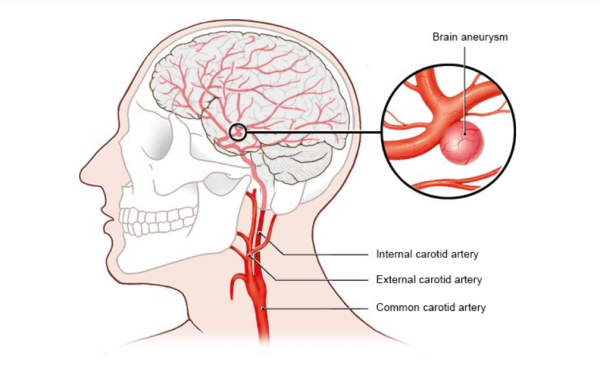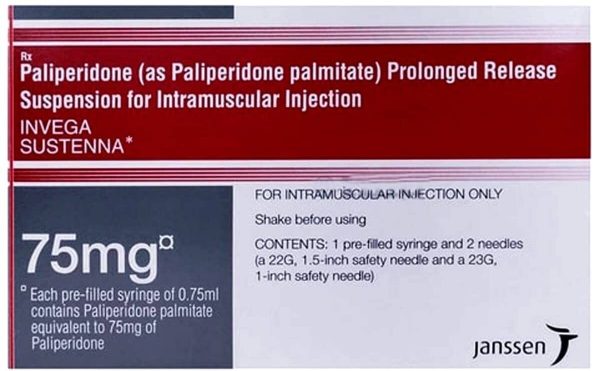Have you wondered why you experience the symptom of “Mirena diarrhea” after the insertion or removal of birth control? While Mirena has been widely used, it still has common or long-term side effects. It has been a long-told story of the Mirena, many call it the Mirena Crash.
Based on research data from 2015 to 2019, about one in four women used long-acting reversible contraception (intrauterine device or contraceptive implant) (24.9%) or emergency contraception (23.5%). Regrettably, Mirena’s severe effects rumors prompted many women to rush removal in a frenzy of fear.
About Mirena
First things first, let’s find out what Mirena is. In 1970, Dr. Antonio Scommenga introduced hormones in contraceptives. A T-shaped device with progesterone in a semi-permeable capsule at the bottom was approved by the Food and Drug Administration (FDA).
The FDA approved the use of the Progestasert System IUD within a year and was on the market until early 2000. A little later, Dr. Luukkainen replaced progesterone with levonorgestrel – thus Mirena was born.
Before some women experience Mirena diarrhea symptoms, Mirena (levonorgestrel) is a contraceptive that is known to be very effective in preventing sperm from fertilizing the ovum. It can prevent pregnancy for up to 5 years without the monotony of taking a pill every single day.
This birth control releases the hormone progesterone, which causes the mucus in the cervix to thicken shortly after it is implanted. It also makes the uterine walls thin and suppresses ovulation to some extent – the thick mucus functions to trap any sperm trying to reach the uterus.
Apart from controlling pregnancy, Mirena is known to reduce bleeding during menstruation in the first two months of use. Then, it eliminates bleeding completely after prolonged use. Due to its many contraceptive and non-contraceptive advantages, Mirena was approved by the FDA in the year 2000.
Mirena Side Effects
Concerning the Mirena diarrhea, you must understand what the side effects are. Along with the effects you need, levonorgestrel causes some unwanted effects. See your healthcare professional if any of the following side effects occur while inserting or removing Mirena.
- Light or heavy menstrual bleeding;
- irregular or abnormal menstruation;
- menstrual bleeding stops;
- pain; and
- cramps.
On the other hand, if you only experience the following common side effects, you do not need medical attention. These side effects disappear during the body adjustment period. Also, your healthcare professional may tell you about ways to reduce or prevent them. Common side effects include:
- abdominal or stomach pain;
- nausea;
- vomit;
- headache;
- dizzy;
- breasts tenderness;
- unusual tiredness or weakness; and
- diarrhea.
The Connection Between the Digestive System and Diarrhea
Many people do not know the potential for Mirena diarrhea, more precisely explosive loose stools related to levonorgestrel. Let’s quickly chat about the connection between them. The digestive process occurs when food passes through various organs in your body.
Inside the organs, some enzymes break down food so that your body can extract the nutrients. Then, it can also eliminate waste products properly.
Sometimes, a portion of food can irritate the digestive process. It leads to loose bowels, cramps, and pain in your stomach. For example, spicy foods worsen your digestive condition because they contain capsaicin which stimulates bowel movements (most often also happens in the adverse effect, such as Mirena diarrhea).
After that, bacterial infections are found in areas where gastrointestinal activity takes place. It disrupts the normal flora balance between good bacteria in the gut by invading the host environment and churning “bacon sizzles”.
This disturbance causes frequent trips to the bathroom, including uncontrollable diarrhea. Moreover, your private parts feel sore, itchy, or swollen. If this is the case, you need an immediate examination from a healthcare professional.
Mirena Causes Digestive Upset
Can you suffer digestive problems due to Mirena, like Mirena diarrhea? The short answer is yes. A case report in the National Library of Medicine showed a woman complained of severe fatigue associated with diarrhea and myalgia that was first attributed to emotional stress and depression.
Some researchers state that hormonal contraceptives cause digestive problems, including changes in bowel movements and bloating. Because, in general, hormonal contraceptives change hormone levels in the body and affect gut motility.
However, the specific effects of birth control on digestion may vary based on the type of hormonal contraception used, the user’s health and hormones, as well as other factors.
2 Potential Causes of Mirena Diarrhea
So why do people complain about this issue? Although there hasn’t been much research specifically addressing this topic, there are still potential causes, as explained briefly below.
1. Hormonal Affects
The hormones in Mirena affect the user’s hormones. A series of symptoms common in women who have their Mirena removed prematurely is called Mirena Crash. One survivor has termed this incident as an amplification and diversification of symptoms due to a hormonal crash.
Mirena secretes hormones such as progesterone (levonorgestrel). The hormone progesterone plays an important role in regulating many aspects of the digestive process including collagen production, stomach ulcer formation, and increasing smooth muscle contractions to churn food along the digestive tract.
2. Pressure on the Uterus
Mirena may press on other nearby organs, such as the intestines or bladder. It can cause discomfort or make you want to go to the bathroom constantly.
Other Factors Contributing to the Diarrhea Development
Do you understand the two possible causes above? Several other different factors also contribute to a large extent to the development of Mirena diarrhea, such as:
- bacterial infections;
- viruses infection;
- food intolerance;
- medications/supplements intolerance; and
- underlying disease (ulcerative colitis or Irritable Bowel Syndrome (IBS).
Symptoms associated with digestive issues caused by one or more factors are not the same in each user. Each individual has a different level of tolerance for change. Your symptoms may become more complex when other conditions or diseases overlap.
Are You Suffering From Mirena Diarrhea?
Now you have got some background knowledge under your belt. If you experience Mirena diarrhea after inserting or removing it, don’t freak out just yet.
IUDs do have the potential to cause digestive issues, but this doesn’t mean you will experience them too. In most cases, loose stools are only a sign of another serious condition, not the main result of using birth control.
Bagikan









